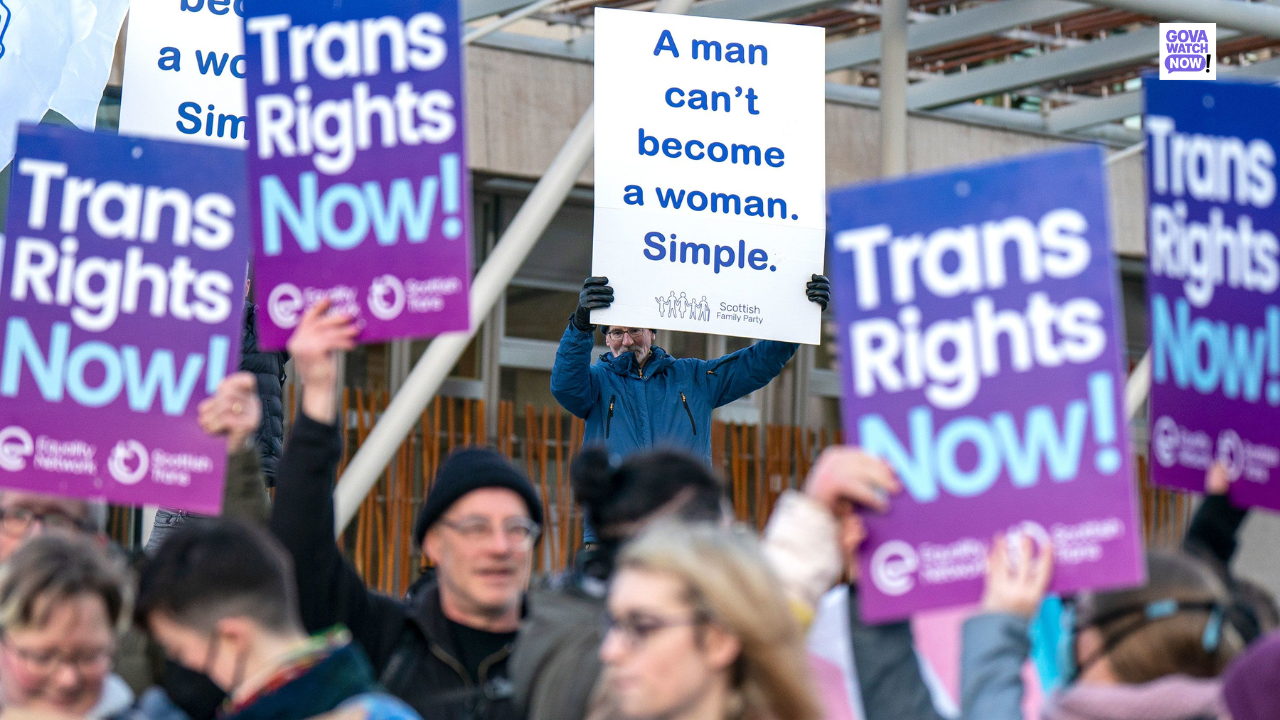Members of the Scottish Parliament have been reassured that individuals who undergo gender transition cannot use that process to hide or erase their criminal records. The issue came under public scrutiny after it emerged that Alexandria Stewart, formerly known as Alan Baker and currently serving a life sentence for murder, had her previous name and conviction omitted from a criminal record check. This revelation sparked public concern and raised serious questions about the integrity of disclosure procedures, particularly in cases involving individuals with serious criminal histories.
Stewart, who transitioned while in custody, had her conviction for murder missed during a routine disclosure request made by a solicitor. The omission triggered alarm over whether Scotland’s current systems were vulnerable to manipulation through legal gender changes. However, police and justice officials have moved to clarify that this was an isolated administrative error, not the result of policy, and that steps are being taken to ensure it doesn’t happen again.
Deputy Chief Constable Alan Speirs of Police Scotland addressed MSPs directly, confirming that gender identity does not override the need for accurate criminal records. He made clear that individuals convicted of serious crimes, particularly violent or sexual offences, remain flagged in police systems according to their biological sex at the time of the offence. This protocol, he said, ensures that the risks posed by such individuals are not masked by changes in gender identity or name.
The incident has reignited debate around how gender recognition laws interact with the justice system. Some politicians and members of the public worry that without stricter safeguards, there’s a risk that individuals could exploit gender transition to conceal criminal pasts. These concerns are particularly sensitive when public safety is involved, such as in cases of violent or sexual crime. Critics are calling for tighter oversight, more robust background checks, and clearer guidance for officials handling sensitive identity data.
On the other hand, advocates for transgender rights have warned against using this isolated case to stigmatize trans people or create unnecessary barriers for those genuinely seeking to live according to their gender identity. They emphasize that respect and dignity must remain central to any changes in policy and that the vast majority of transgender individuals are law-abiding citizens.
As the conversation continues in Holyrood, MSPs are being urged to balance transparency and accountability with compassion and fairness. Ensuring public safety while respecting the rights of all individuals will require careful, evidence-based policy making that acknowledges both the complexity of gender identity and the seriousness of criminal justice.




